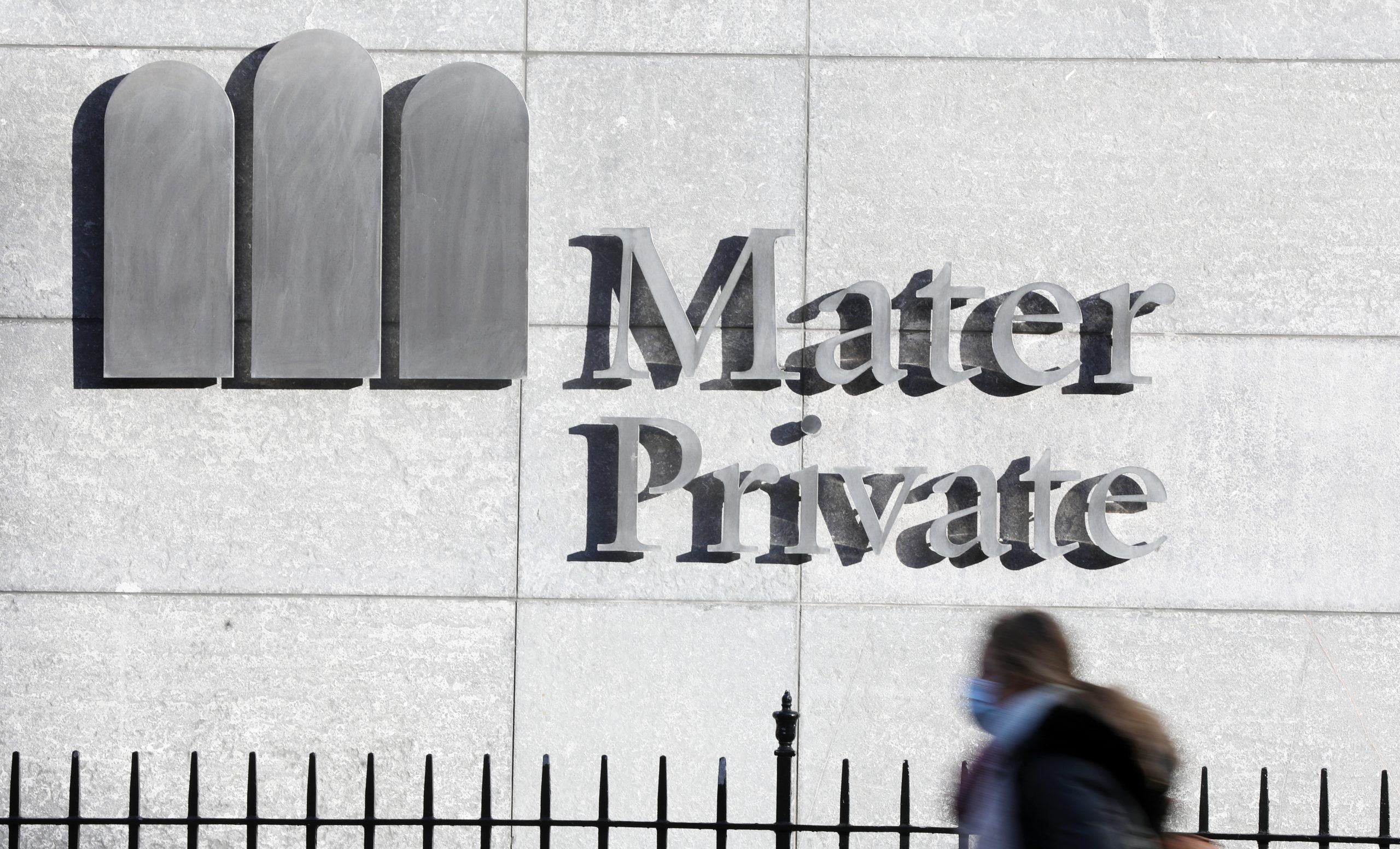The accounts of the Mater Private are interesting for a variety of reasons. For a start, it employs 1,500 people and is the largest private healthcare operator in the state. The numbers also give a deep insight into the performance of the wider private healthcare market. But, as a result of a major court action between the HSE and the Mater Private, some of the detail in the accounts have added resonance – particularly the hefty intercompany interest bills paid to a Luxembourg entity. When InfraVia Capital Partners acquired the Mater Private hospital group from Harbourvest, a Capvest-managed fund, in…
Cancel at any time. Are you already a member? Log in here.
Want to read the full story?
Unlock this article – and everything else on The Currency – with an annual membership and receive a free Samsonite Upscape suitcase, retailing at €235, delivered to your door.

